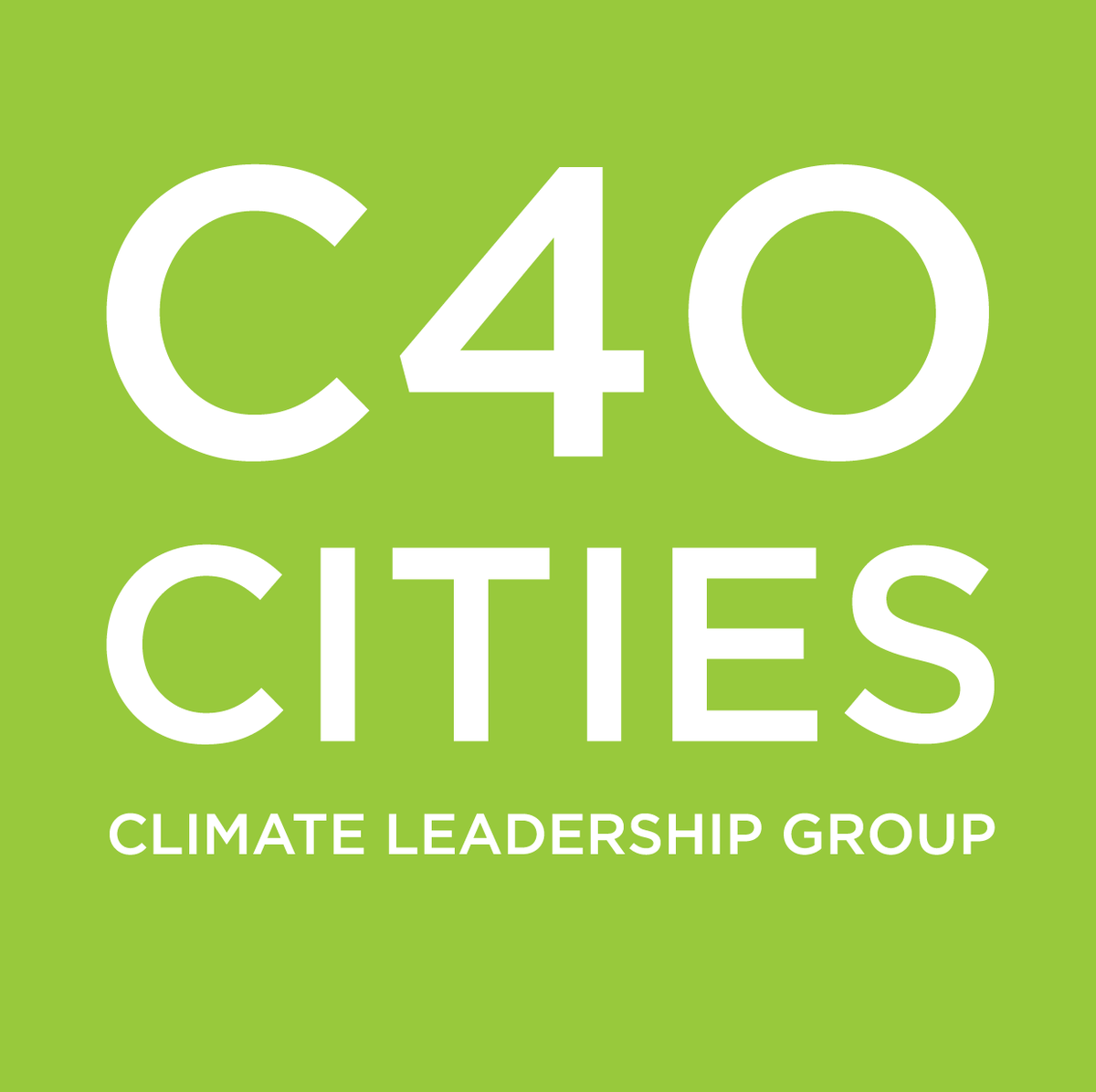
Around the world, C40 Cities connects 96 of the world’s greatest cities to take bold climate action, leading the way towards a healthier and more sustainable future. Representing 700+ million citizens and one quarter of the global economy, mayors of the C40 cities are committed to delivering on the most ambitious goals of the Paris Agreement at the local level, as well as to cleaning the air we breathe.

In partnership with the Foundation, Envidan A/S engineering consultancy and local partners, the NGO works on securing long-term sustainable water infrastructure in Madi and neighbouring communities.
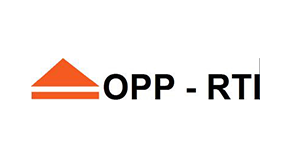
OPP-Research and Training Institute (OPP-RTI) manages the low cost sanitation, housing/secure housing support program, education program, the now evolving water supply and the women’s savings programs as well as the related research and training programs. Earthquake and the flood rehabilitation works are also undertaken.
OPP-RTI does not fund construction. It teaches people to so do through building their capacity by giving them a low cost design, training in mapping, surveying and construction, and overseeing and guiding the implementation. OPP-RTI designed systems have borne the test of time as lines laid in 1982 still function.
Oxfam’s safe water strategy builds on its established foundation of technical innovation and experience in sector-leading humanitarian water response over the past 50 years. This is combined with a systems-thinking approach that incorporates good governance and accountability, along with financially viable solutions to achieve long-term sustainability of water service delivery. Oxfam works in areas of instability or chronic vulnerability, which we as an organization know well, with a focus on inclusion of the poorest and most marginalised.
The Foundation currently works with Oxfam GB in Nepal, where we are providing safe drinking water to poor communities in the Terai lowlands and exploring innovative management models to ensure these systems are sustainable and financially viable to keep water flowing for years to come. Our first joint project was the equipping of a borehole in the northern governorates of Jordan, supporting both Syrian refugees and host communities with safe water and helping to ease the immense pressure on water infrastructure in these refugee-hosting areas.
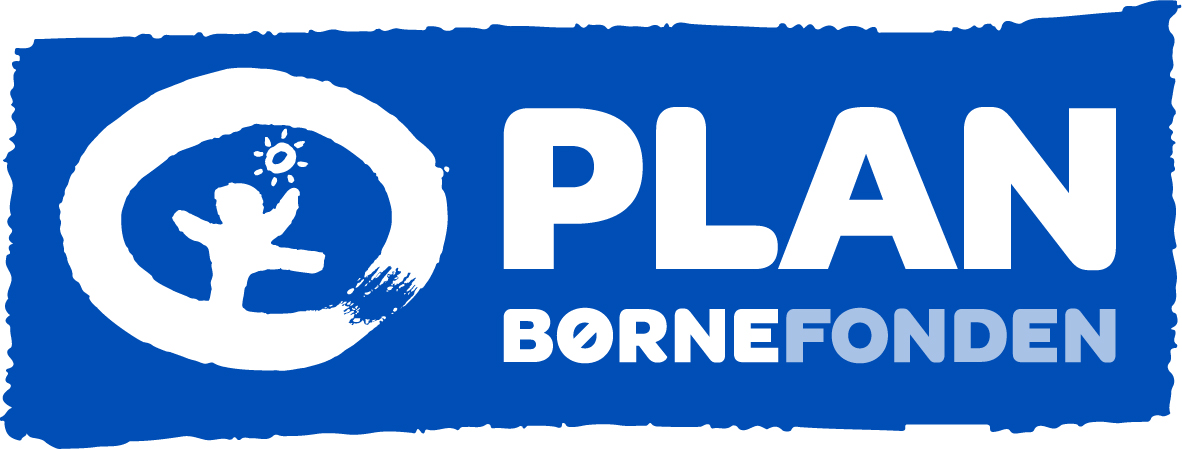
PlanBørnefonden is the Danish chapter of Plan International, one of the world’s oldest and biggest organizations focusing on childrens’ rights. PlanBørnefonden is focused on long-term development work and social sustainability through local partnerships and cooperation in four key intervention areas: Education, children’s health, income generating activities and children and development.
The organisation works within each community for 15 to 20 years to secure secure sustainable impact. Responsibility for the activities is transferred to the community and the authorities step by step.
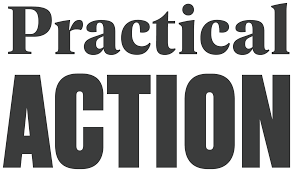
Through technology, Practical Action works to help poor communities build on their skills and knowledge to produce sustainable and practical solutions. The NGO has extensive experience with solar pumping in rural areas.
Our first project brought solar powered drinking water to four communities in Malawi.
Currently, we work together in Turkana County, Kenya.
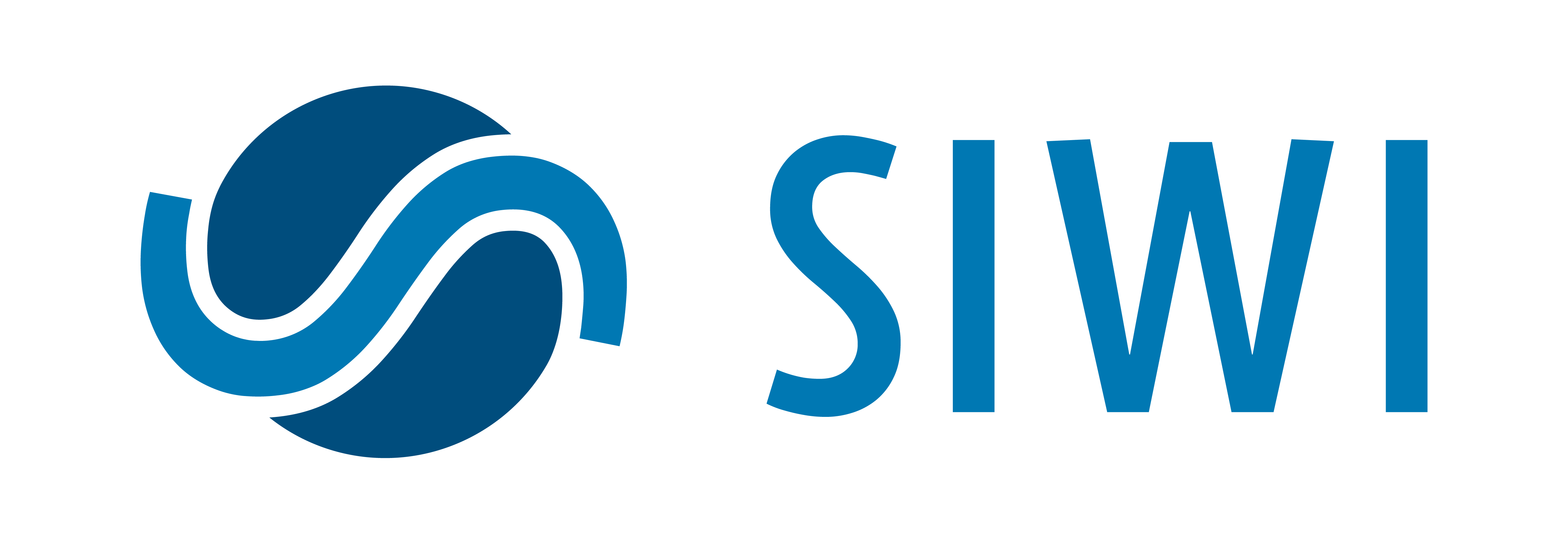
Water is a powerful tool to achieve all the Sustainable Development Goals. Having access to clean water can lead to better health, education and incomes. SIWI works globally to improve how water is managed and create virtuous cycles.

Sunlit Future has a strong network with local NGOs throughout the country and thorough understanding of the issues of providing safe and sustainable water systems to rural communities.
In India’s remote areas, the power grid is not a reliable source of energy, and the frequent power cuts last days, weeks or even months. Most villages are much better off with a solar powered drinking water solution.
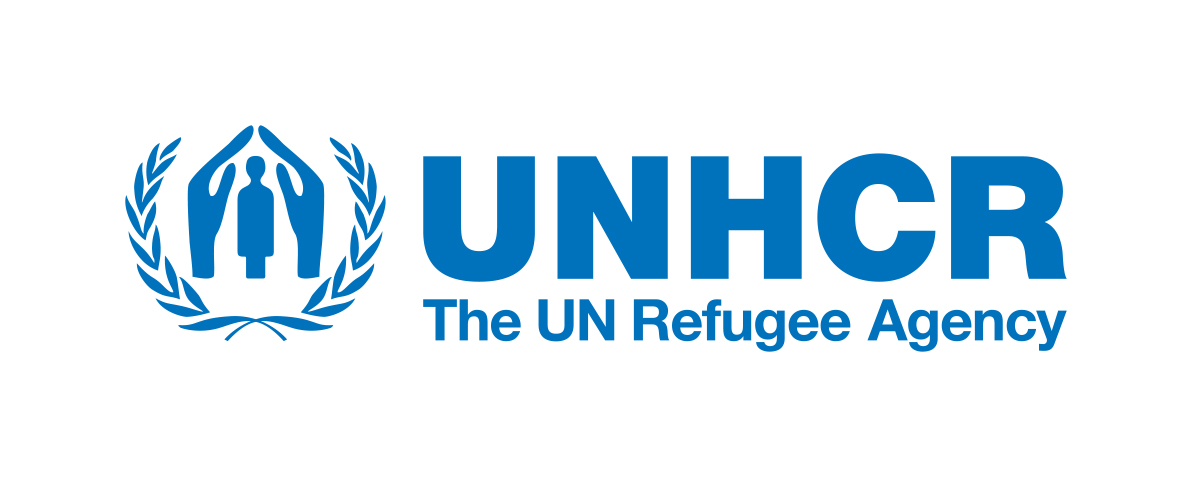
UNHCR, the UN Refugee Agency, leads international action to protect people forced to flee their homes because of war, conflict and persecution. We deliver life-saving assistance such as shelter, food and water, help safeguard fundamental human rights, and develop solutions that ensure people have a safe place to call home. We work in over 130 countries, using our expertise to protect and care for millions of people.
Together with the Grundfos Foundation, UNHCR has launched a new initiative that will secure access to clean drinking water for up to 800,000 refugees and host community members in six African countries.
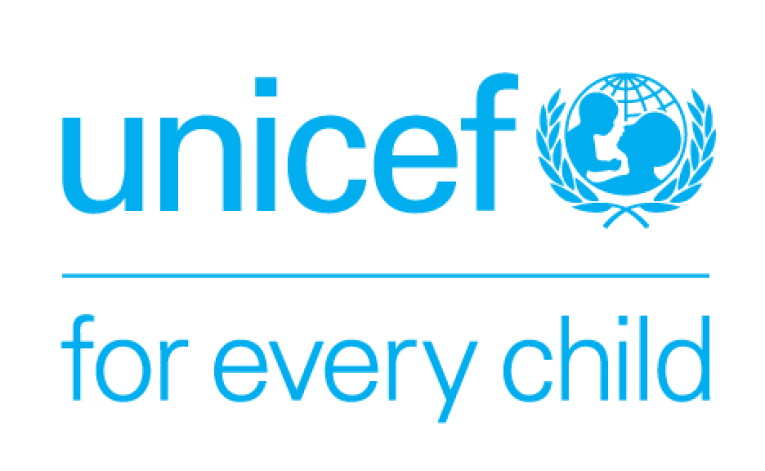
The world’s largest provider of vaccines, we support child health and nutrition, safe water and sanitation, quality education and skill building, HIV prevention and treatment for mothers and babies, and the protection of children and adolescents from violence and exploitation.
Before, during and after humanitarian emergencies, UNICEF is on the ground, bringing lifesaving help and hope to children and families. Non-political and impartial, we are never neutral when it comes to defending children’s rights and safeguarding their lives and futures.
And we never give up.
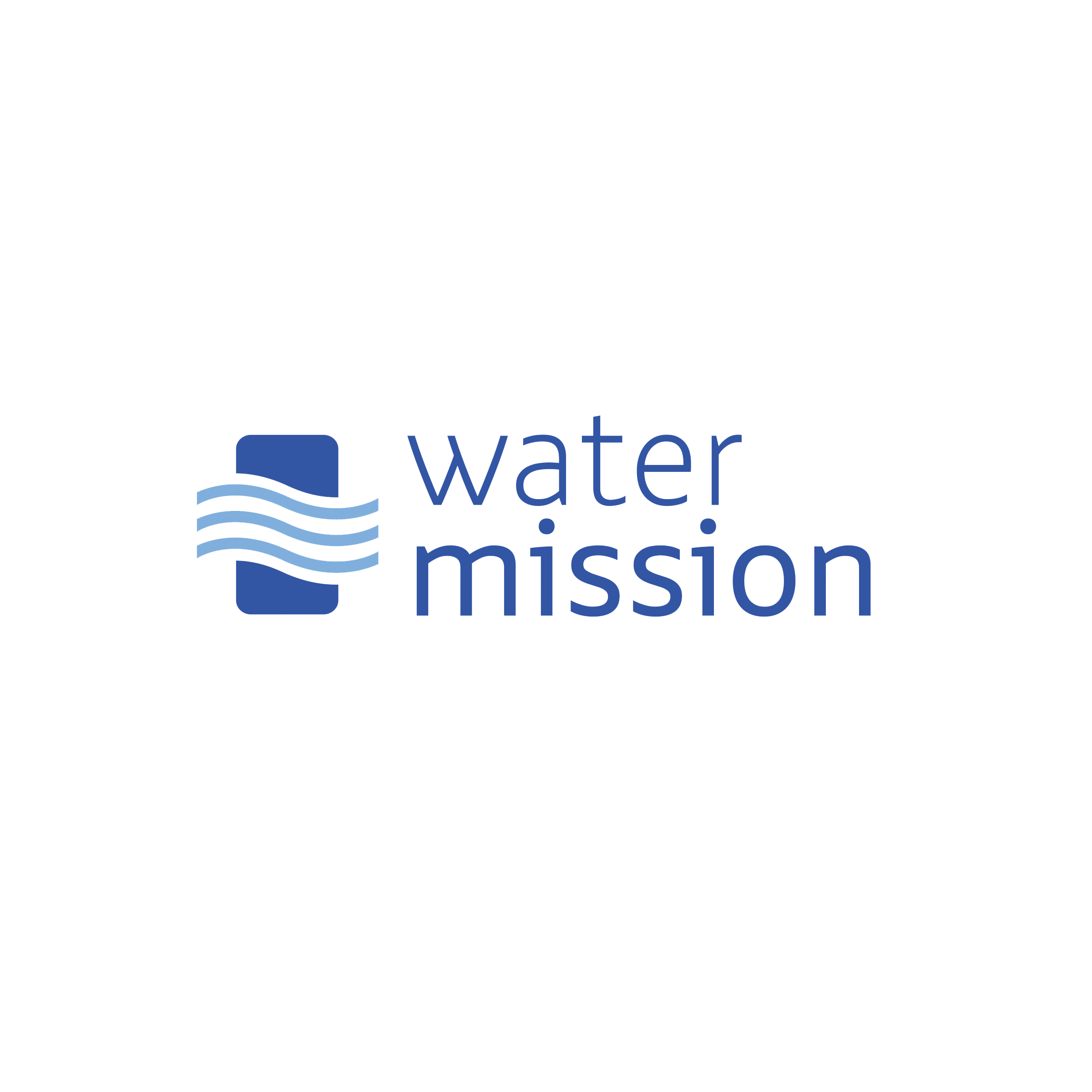
The foundation has worked with the Water Mission for several years, providing disaster relief to Haiti (2010 and 2016), the Philippines (2013) and Liberia (2014).
We are currently working on safe water programmes for rural communities in Kenya, Cambodia and Indonesia.
Together with Water Mission, we will also bring safe water to more than 250,000 refugees in up to five different refugee settlement locations in Western Tanzania. The largest settlement, known as Nyarygusu is one of the world’s biggest refugee camps. Water Mission will be working on this project over the next coming years.

